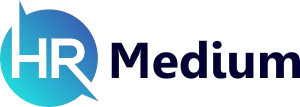In today’s competitive business landscape, harnessing the right talent is not just about recruitment; it’s about strategic management and development. This is where choosing the best talent management software becomes crucial. Whether you’re scaling your team or refining your HR processes, selecting the right software can significantly impact your organization’s success.
Selecting the best talent management software involves navigating through a myriad of options, each claiming to be the ideal solution for your HR needs. To make an informed decision, consider these pointers, key features, and essential considerations.
Tips to Choose the Best Talent Management Software
- Define Your Needs: Begin by assessing your organization’s specific requirements. Identify pain points in your current HR processes that software could alleviate.
- Scalability: Ensure the software can grow with your business. Scalability is crucial, especially if you anticipate rapid expansion or changes in workforce dynamics.
- Integration Capabilities: Look for software that seamlessly integrates with your existing HRIS or other essential tools like payroll systems. Integration enhances efficiency and reduces data silos.
Key Features and Considerations
Customizable Solutions
The best talent management software offers customizable features tailored to your organization’s unique workflows. This adaptability ensures alignment with your HR strategies and business goals.
Comprehensive Performance Management
Evaluate software that facilitates continuous feedback, goal tracking, and performance reviews. These features empower managers and employees to collaborate effectively toward achieving organizational objectives.
Analytics and Reporting
Data-driven insights are invaluable for strategic decision-making. Look for software that provides robust analytics capabilities to measure key HR metrics and track performance trends over time.
User Experience and Support
A user-friendly interface and responsive customer support are essential for seamless adoption and ongoing satisfaction. Prioritize software vendors known for their commitment to customer service.
Conclusion
Choosing the best talent management software requires careful consideration of your organization’s unique needs, scalability requirements, integration capabilities, and user experience. By focusing on these key factors and selecting a solution that aligns with your strategic objectives, you can empower your HR team to drive organizational growth and success.
In summary, the best talent management software goes beyond mere recruitment; it empowers organizations to optimize workforce management and development. Invest time in evaluating your options, and choose a solution that not only meets your current needs but also supports your long-term HR strategy.

